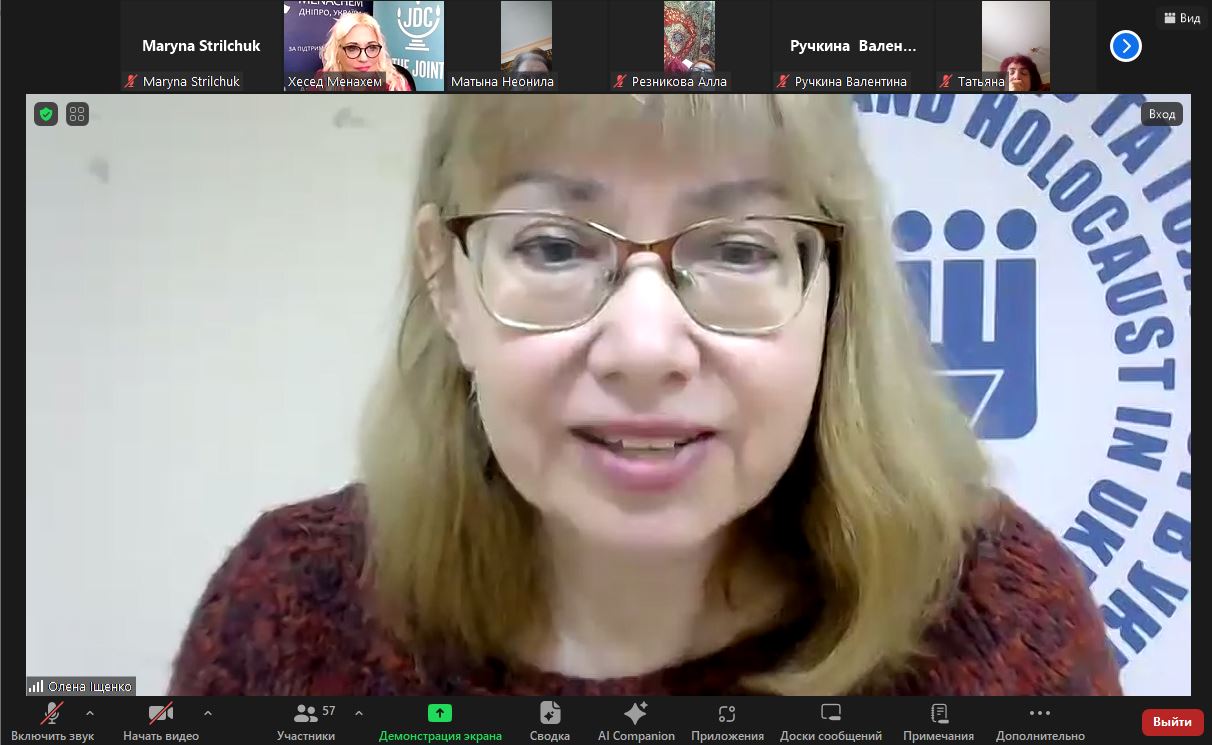130 years ago, on January 5, 1898, a solemn ceremony of the demotion of the officer of Jewish origin, Alfred Dreyfus, took place on the Champ de Mars in Paris.
On the occasion, the partner organizations of the Hesed Menachem Foundation and the Museum of Jewish Memory and the Holocaust in Ukraine held a lecture for the Open House audience dedicated to the Dreyfus trial and the public sentiment in France (and later abroad) that was awakened by the consideration of this high-profile court case. It revealed a significant level of anti-Semitism among the French, including some intellectuals. “Dreyfussers” and “anti-Dreyfussers” – this is the historical name given to the confrontation between two “parties”, named after the main character of the trial. Based on the ideological war, friendly alliances broke up, family relationships deteriorated. At the height of the struggle, there were Jewish pogroms in many cities in France; they were largely supported by the country's security forces.
The museum's researcher, Dr. Olena Ishchenko, reminded those presents of the widely known literary works that featured the selected historical plot and the event outline of the trial. Then, the audience, led by the lecturer, tried to find answers to difficult questions: how historical traumas provoke the strengthening of anti-Semitism (and other types of xenophobia), what role moral authorities play in social confrontations (it was they who made it possible to reverse the seemingly hopeless situation and ensure the victory of the “Dreyfussers”). Those present showed sincere interest in the proposed topic; Viktor Bilotserkovsky and Alla Reznikova recalled their own impressions of books and feature films dedicated to the Dreyfus trial and also expressed their opinion on the urgent need to study the nature of evil and violence and the means of overcoming them.

